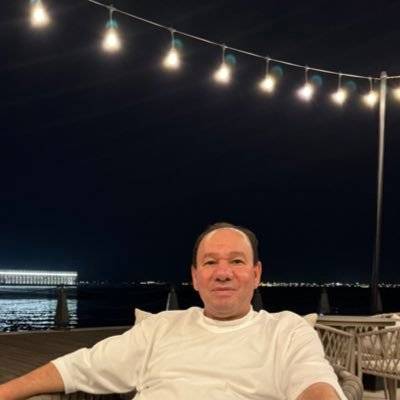By the consensus of objective Egyptian political affairs’ observers and analysts, the testimony of Dr Muhammad Al-Baradei “and he is said to be a doctor” stands out as the most serious indictment document pertaining to the crime of the coup against the nascent democracy in Egypt.
I think it would be naive for two persons to disagree on the importance of the confession by the third highest ranking person in the 30 June, 2013 establishment that it was indeed a coup and an absolute breach of what was agreed upon. He said and I quote “what happened afterwards was a complete violation of what I agreed on as a road map. What I agreed on was: 1) the holding of early presidential elections; 2) an honourable way out for Mr Muhammad Morsi; 3) an all encompassing political system that includes everyone including the Muslim Brotherhood and other Islamists; 4) the start of a national reconciliation process and of national dialogue and a peaceful solution to rallies and demonstrations. There was a good plan for starting along this route. However, all of this was thrown out of the window and the violence ensued. When violence is the method, and the concept of justice and a democratic framework for political action are missing from the society, there would be no place for a person like me and I just cannot be influential.”
The importance of this testimony does not stem only from the importance and sensitivity of the position of its maker, but it also acquires additional importance from the venue where it was proclaimed: The State of the European Union Conference that was held in Italy, the first European state to embrace the leader of the coup. Nor does it emanate only from the seriousness of its content but also from the timing, which has been extremely crucial.
I shall not elaborate further regarding the content of Al-Baradei’s testimony, for many others have already done so and in abundance. I shall not even argue about the erroneousness of Al-Baradei or condemn him for agreeing to take part in a political action spearheaded by the military establishment which had always, and for so long, demanded that it should withdraw completely from any involvement in politics. Yet, I shall focus on the reactions to these deafening confessions.
I would claim that what Al-Baradei said is more important, more dangerous and a lot more potent than the content of a million hours of anti military coup satellite TV transmission and more useful than millions of acres of press gossip with which cheap motorcycle riders roam the streets and alleys of politics these days. This is so because it is a testimony of someone from within.
However, what truly causes despondency over the wretched state of affairs we have reached is the condition of screaming and considering ignorant loud voices as a criterion for revolution and legitimacy. Some people have received this historic and invaluable epistemological gift to open the taps of foul mouthed abuse against the testimony bearer. This state of verbal abuse usually adopts an unchangeable methodological format without exerting the least of efforts to utilise these confessions within the framework of a guided political and media effort so as to awaken those who are deluded about what happened, on the inside, and to embarrass and challenge those whose conscience is dead and who supported this crime, on the outside.
It is a moment of succumbing to the hysteria of slander and abuse not much different from the stand of the doyen of rubbish collectors under the reign of the coup toward the tweet of the British ambassador in Cairo. The ambassador was very cleverly ridiculing, though in a practical fashion, the climate of intolerance and class bias that is engulfing Egypt. This happened on the margins of the crisis caused by the resignation of Minister of Justice who stated prior to his resignation that cones of rubbish collectors should never be accepted for positions in the judiciary.
The doyen of rubbish collectors, who seems to believe that he succeeded in removing the Justice Minister from his post, reacted to the highly civilised gesture made by the British ambassador – who announced that his country would welcome employing the sons of rubbish collectors – with a symphony of foul abuse directed at Britain and America. Actually, it seemed as if he was shouting the slogan “long live Egypt, long live Sisi”, considering this to be the ultimate proof of nationalism and love for one’s homeland.
It is most regrettable that the desire to have a go at Al-Baradei takes precedence over the duty of making use of what he says and dealing with it in a serious fashion considering him to be a “defence witness” in a crime the attempts to conceal it and tamper with evidence that proves have continued without interruption. The amount of soil used to cover the crime has exceeded the amount of “dry digging” in the Suez Canal project.
Notwithstanding the desire to abuse just for the sake of abuse, it is no less regrettable to see some people look up to the person of Muhammad Al-Baradei, seeing in him, once again, a solution for the current predicament. You see them invoking him, even appealing to him, to take to the playing field once again despite the fact that the experience of the past two years proves that the old elite has expired and that there is a pressing need for the emergence of another elite that had no role whatsoever in creating the disaster.
Translated from Al-Araby Al-Jadid, 15 May, 2015
The views expressed in this article belong to the author and do not necessarily reflect the editorial policy of Middle East Monitor.








